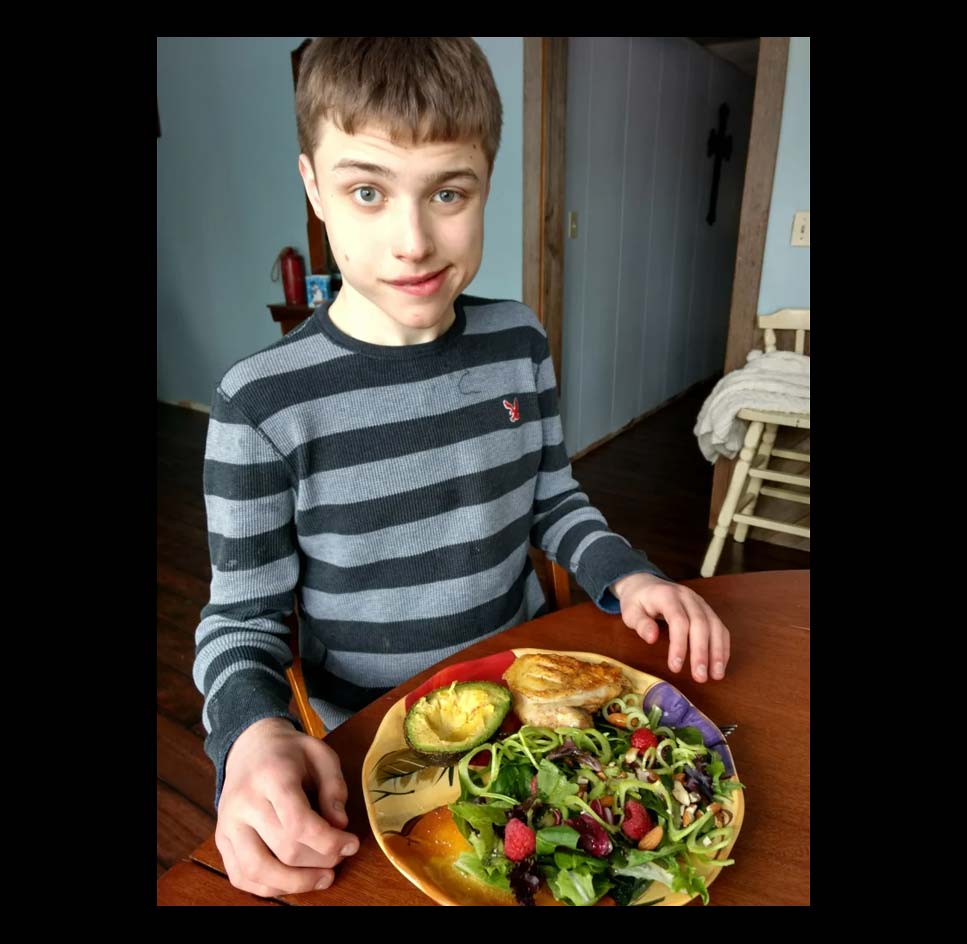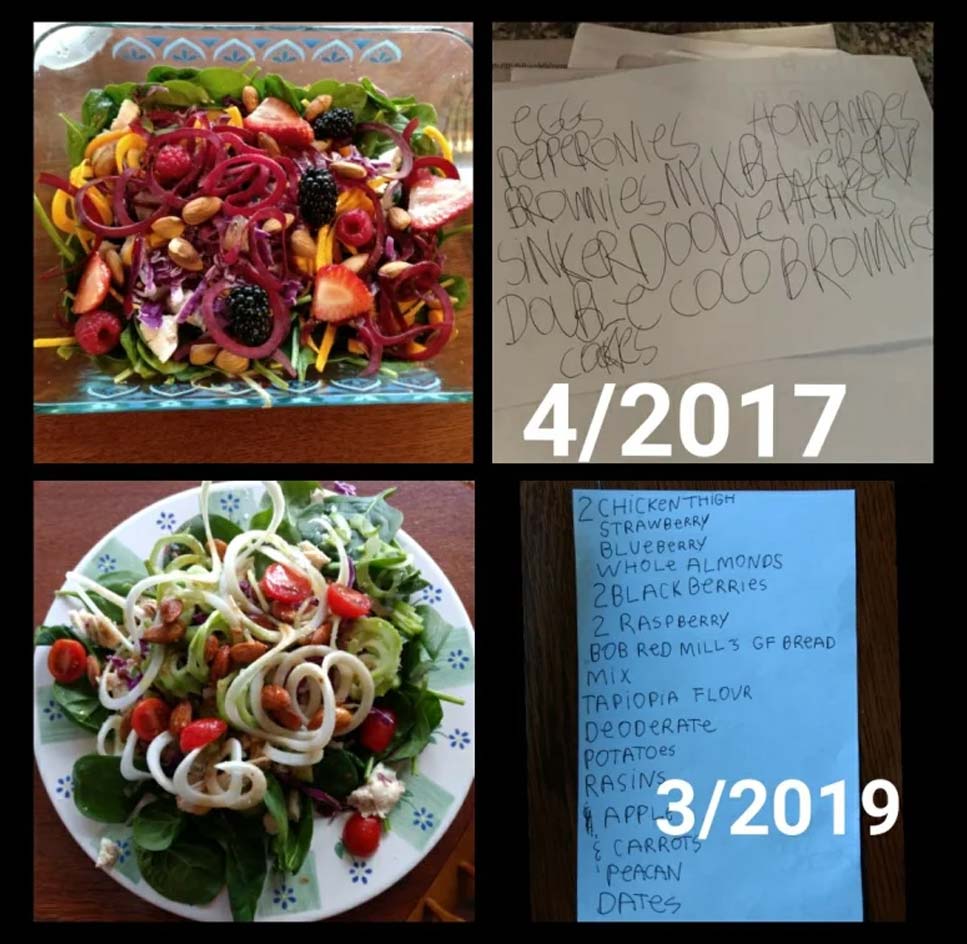
Slowing down, to change our course
© Article, images, videos and all other material courtesy of buildingbensbrain.com
There will come a day that you will come to terms with the fact, you are a special needs parent. Everyone processes and accepts that fact in his/her own way and will be faced with the decision on how best to develop his/her child/teen’s brain. There are quite a few modalities to choose from in the therapy world.
Five years ago, our son was 11 years old, and conventional methods were producing few results. We found ourselves at a crossroads of whether we were interested in seeking a path of being a spectator or an active player. Either choice had no guaranteed timeline. Either choice would cost a great deal of money, time, and effort, and either choice we would be expending a lot of energy.
As a culture, we want guarantees. We want results and we want the results instantaneously. We live in such a modern world that so much of our needs are instantaneously met with just a pop of a pill, push of a button, or the flip of a switch.
Neuroplasticity isn’t something that occurs instantaneously. Neuroplasticity isn’t something that can be scheduled.
You simply show up everyday. You simply show up with no other agenda other than to provide the brain with nourishment, love, and evidence-based science. You simply show up everyday with a comprehensive plan to get the brain to grow.
There will be many choices to make when implementing a comprehensive neurological program and some will be easy and others will be harder. The choices you make can be placed into two categories. Choices that support neuroplasticity or choices that don’t support neuroplasticity. It is that simple, but simple doesn’t mean easy.
One of the biggest choices we have as a family is how are we going to nourish our bodies and brains. This isn’t a radically new concept. Parents have always been responsible for their families’ nourishment. We have known for centuries that food equals nourishment, but never in our history have parents been bombarded with such misinformation and corruption regarding food.
It is absolutely overwhelming to know what is ideal nourishment for your family in this modern world.
Here is exactly where slowing down comes into play. Parents have an essential role in nutrition. As parents we can be part of the problem, or be part of the solution.
Understanding what role food serves in restoring health and what foods don’t serve can create a bit of discourse in a family. There is no need for a debate, our culture and lifestyles will consistently discourage prioritizing nutrition in our lives.
Oh man, did I dig my heels regarding prioritizing nutrition and so did my family! We were convinced food had nothing to do with brain development.
When Ben was 4 years old, I implemented a gluten and dairy free diet. I didn’t have any formal training and so I made many errors and the diet produced little results. I also had zero success in getting Ben to eat vegetables. He HATED vegetables. So many nights of fighting, begging, or surrendering. All of that effort in making nutrient dense food and he refusing to eat it!
We all know vegetables should be in our diets, but either we don’t know how to prepare, or we don’t like them, or we don’t have the time.
I had a hutch that vegetables could dramatically enhance our health, but I have been burned before and put so much effort into nutrient dense meals to only see little results. So, I was a bit apprehensive and skeptical.
I needed to understand healing takes time and separate myself from what the food industry dictates and understand what science proves time and time again.

As a family, we decided to slow down and learn about nutrition starting in November 2014. Slowing down, allowed us to change our course and tune out the static from the food industry and listen to science.
We had our work cut out for us, because Ben hated vegetables. It took a long, long time to get Ben to love vegetables.
In 2017, Ben started to write down grocery lists. In 2017, Ben’s grocery list consisted of many things that had a lot of sugar.
We continued to learn through the years and fine tune our nutrition bit by bit and in 2019,

we started really seeing Ben’s gut improve to the point that he started demanding nutrient dense foods. It took 5 years of consistent work. (Do you notice how dramatically his handwriting has improved?)
Neuroplasticity and nutrition go hand in hand. It takes time and consistency of sound strategies throughout the years to achieve the goal of higher brain functioning or more independence.
Slowing down and taking the time to listen and learn about nutrition takes time, but the information is available!
It also takes understanding what other factors are standing in the way of the gut and brain healing.
My next blog post will talk about how Ben’s distorted sense of smell and Ben’s compromised gut had a huge role in why Ben hated vegetables. I will also discuss how we developed his sense of smell and what we continue to do to heal his gut.
Follow Ben’s journey on Facebook
© Article, images, videos and all other material courtesy of buildingbensbrain.com


